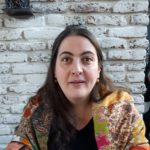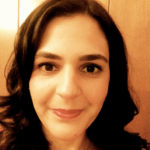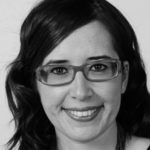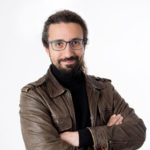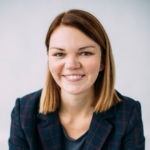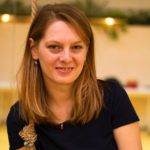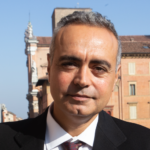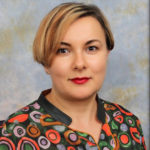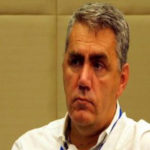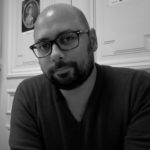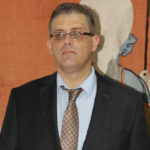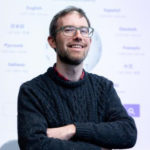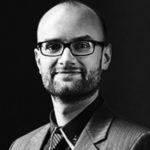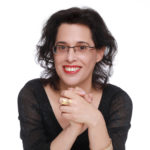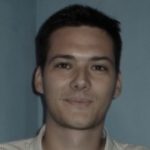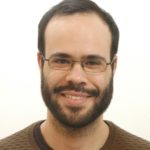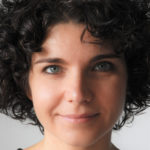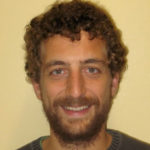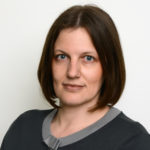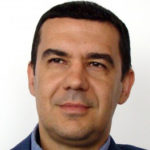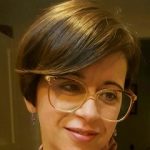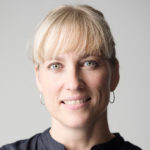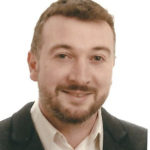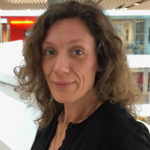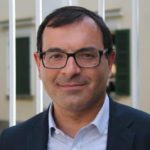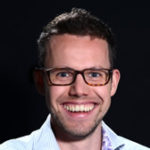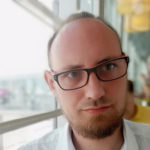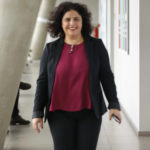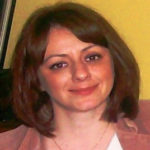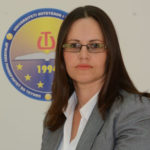The second objective of WG4 is a research focus on the body in motion and materialities of displacement, including the physical experience of travelling, exhaustion, motion sickness, the impacts of climate and food on the body, of clothing and habit; disorientation, reorientation, homesickness, and nostalgia; the impact of scents, of light, of temperature – sun and air on skin – of language, communication and miscommunication, and cultural practice in newly-shaped communities.
Our third research objective is a focus on story – an attention to the modes of capturing and testifying to the histories of displaced people through narrative and story-telling in multiple forms. Our goal here is to strategically expand the Action’s research and narrative lenses to include more ephemeral – but no less powerful – modes such as conversation, story-telling, myth making, food rituals, song, dance, and theatre.
The three Workshops of the Workgroup (2020, 2021, 2022) will consider key aspects of the shared research questions.
- Year One Workshop (March 2020 in Lisbon) ‘People in Motion: Types of Displacement – the who, the how and the why’ and bring together scholars to trace key historical drivers for human displacement drawing on their own periods, applying the methodological suggestions to their own primary sources.
- Year Two Workshop (May/June 2021) ‘The Body’ invites researchers to consider the embodied experience of migrants and travellers; of climate, food, and cultural practice; of ‘wearing the body’ or becoming organised by visible difference in new communities, applying the methodological suggestions to their own primary sources. Participation will be requested from PIMO network and specialised scholars outside the network through call for papers.
- Year Three Workshop (May/June 2022) ‘Stories’: telling the story of human movement in global literatures, in myth, in families, communities, and in media. applying the methodological suggestions to their own primary sources. Participation will be requested from PIMO network and specialised scholars outside the network through call for papers.
The Annual Conference and Summer Training School (June/July 2022,) will develop the research themes of the Work Group in two parts:
The Conference ‘People in Motion’ (March 2023) will be the final annual conference of the COST Action, and will invite participants to consider the key methodological questions and implications of ‘displacement’: what can be gained – and what lost – by ‘thinking together’ human movement, both voluntary and involuntary as ‘displacement’? Is this an opportunity to destigmatise (and decriminalise) the conditions and motivations of human movement, or does this risk eliding critical, historical, and very real power imbalances structuring human movement? The conference would invite participants from diverse disciplinary backgrounds to consider this question from the perspective of historical case studies, and the contemporary world. The second and related direction of this research meeting would consider the question of ‘how to respond’ by bringing together historians, researchers, and current responders to deliberate how the discussion around human movement, migration, and displacement needs to be framed and conducted.
Summer Training School ‘People in Motion: telling their stories’ (June/July 2022). Building on the preparatory meeting in the Year Three Workshop ‘Stories’ (June 2022), the training school will assemble a diverse group of literary historians, historians, creative writers, ethnographers and anthropologist, and ethicists to conduct a substantial student-based workshop of 3-4 days on narrativising displacement. It would consider the urgency, accuracy, and ethics of telling stories about human displacement: the long oral and literary traditions of these stories; the importance and responsibility of telling stories (contemporary and historical); working with displaced people to tell their stories; working for displaced people and communities to tell their stories; editing, arrangement, and publication practices.
The Work Group envisages three substantial outcomes for the ‘People in Motion’ Work Group. The first would be a significant collection of short, blog-style entries to be hosted on the PIMo website: ‘Stories of displacement’. One of the key objectives for this Work Group is to demonstrate how historical scholarship can inform and enrich our perspectives on something which is often cast as a modern ‘crisis’ of migration, but is in fact a continuum of people in motion, and we hope that by creating a space for this kind of informed and reflective writing on contemporary issues of human movement might provide an extremely valuable platform for public outreach.
The second planned outcome would develop the critical and methodological discussions arising out of the Group’s research discussions, and particularly the 2023 conference, into a published collection of scholarly essays or multiple special issues in specific peer reviewed journals. This targeted collection would consider the three main directions of ‘displacement’, the body or embodied experience, and ‘story’, alongside the methodological imperatives generated by these shared research questions.
A third potential outcome for the Group, building on community-sourcing and public outreach, would be an edited collection of stories of displacement, prepared and edited as a collaboration between key members of the Work Group and participants of the Training Workshop.
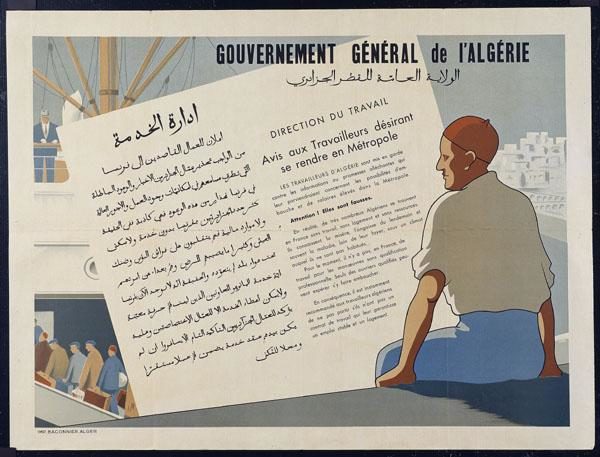
Warning to Algerian Workers Wishing to Travel to the Metropole,’ 1951, from the collection of the Archives Nationales d’Outre-Mer.


